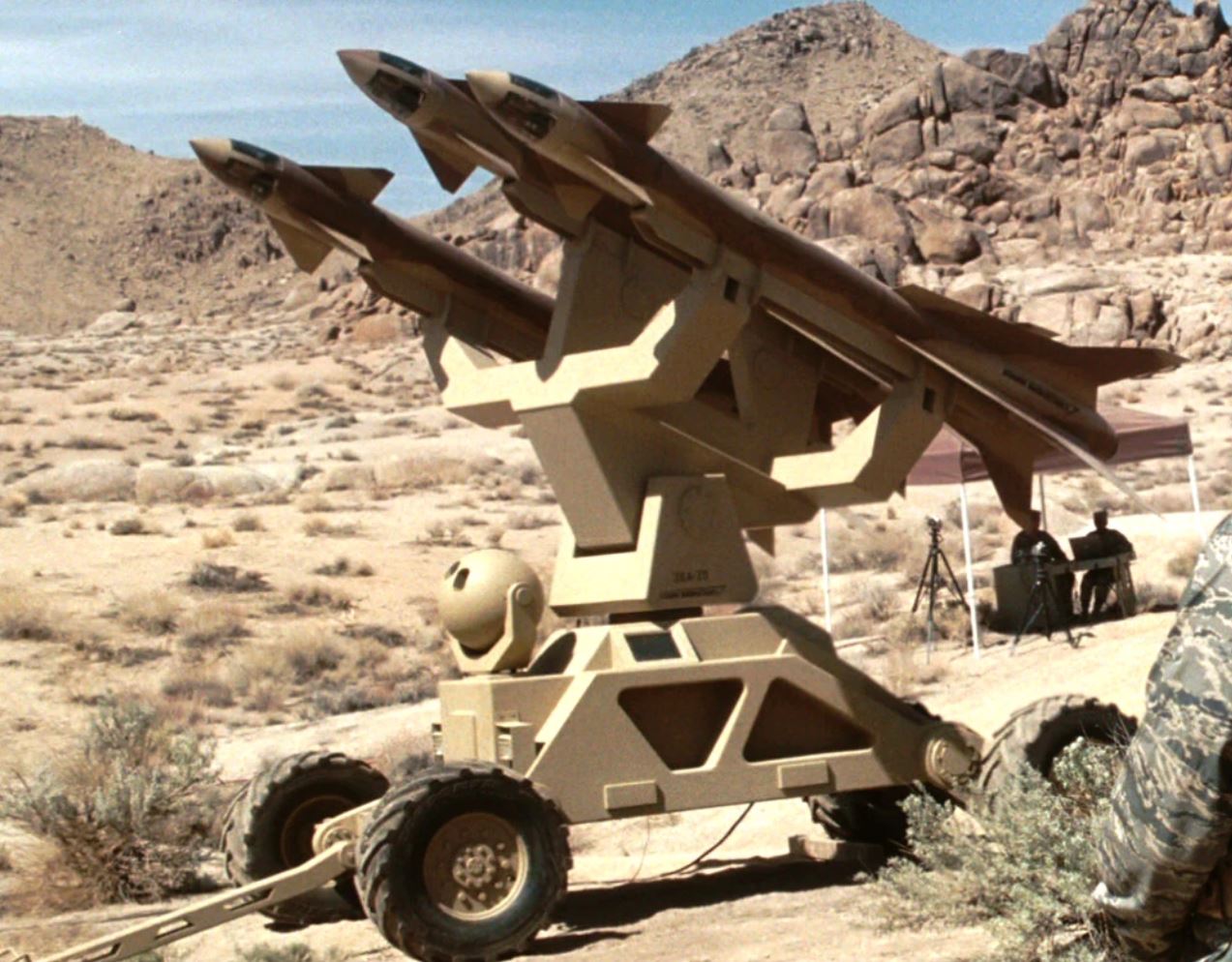In the ever-evolving landscape of global security and defense, regulations play a pivotal role in safeguarding sensitive technologies and information. The International Traffic in Arms Regulations (ITAR) stands as a cornerstone in this realm, aiming to control the export and import of defense-related articles and services. Central to ITAR is Part 120.32, which delineates what… Read More
Safeguarding Secrets: A Guide to Conducting a Critical Program Information (CPI) Assessment
Protecting sensitive information is paramount, especially when it comes to critical programs vital for national security and defense. Critical Program Information (CPI) refers to data that, if compromised, could potentially undermine the effectiveness or security of military systems, technologies, or operations. Conducting a thorough CPI assessment is essential for identifying vulnerabilities and implementing robust safeguards… Read More
How to Determine if a Commodity is Not “Specially Designed”
Navigating the intricate web of regulations surrounding international trade in defense-related articles and services can be daunting, especially when it comes to compliance with the International Traffic in Arms Regulations (ITAR). Among the various provisions outlined in ITAR, the concept of items not being “specially designed” holds significant weight. Determining whether a commodity falls within… Read More
Demystifying ITAR Exemption 125.4(b)(1): A Guide for Export Compliance
International Traffic in Arms Regulations (ITAR) is a set of United States government regulations that control the export and import of defense-related articles and services on the United States Munitions List (USML). Compliance with ITAR is crucial for businesses involved in the defense industry, as violations can result in severe penalties. However, there are exemptions… Read More
Navigating the ITAR: Understanding the Different Kinds of Agreements
In the realm of international trade and security, the International Traffic in Arms Regulations (ITAR) plays a crucial role in governing the export and import of defense-related articles and services. For companies operating in the defense industry or dealing with sensitive technologies, compliance with ITAR is paramount. Central to ITAR compliance are various types of… Read More
Navigating Compliance: The Proposed Charging Letter and Consent Agreement for Boeing
In the intricate web of international trade regulations, aerospace giant Boeing found itself navigating the complexities of compliance last week. The U.S. Department of State’s Directorate of Defense Trade Controls (DDTC) issued a proposed charging letter to Boeing, alleging violations of the International Traffic in Arms Regulations (ITAR). This proposed charging letter ultimately led to… Read More
Navigating ITAR License Requirements for Demonstrations
Introduction: In the fast-evolving landscape of technology, showcasing cutting-edge innovations is crucial for businesses to stay ahead. However, when it comes to demonstrating certain technologies with potential military applications, the International Traffic in Arms Regulations (ITAR) comes into play. ITAR is a set of U.S. government regulations that control the export and import of defense-related… Read More
Navigating the Complex Landscape of Military Training Under ITAR
The International Traffic in Arms Regulations (ITAR) plays a crucial role in shaping how military training in the defense and aerospace industry unfolds. In this blog post, we’ll explore the intricacies of the military training subset of controlled defense services under ITAR and its impact on the development of skilled personnel in this sector. Understanding… Read More
Can AI “Specially Design” itself?
At our Defense Trade Solutions (DTS) all-hands event last week, the question regarding jurisdiction and classification of Artificial Intelligence (AI) systems was brought up. Specifically, the puzzling question of “Can self-improving AI specially design itself under the ITAR?” Whether AI can “specially design” itself is a complex and evolving issue. The landscape of AI and… Read More
Navigating the Legislative Waters: Demystifying the Congressional Notification Process for FMS and DCS in the Arms Export Control Act
Introduction In the realm of international diplomacy and defense, the United States employs a meticulous process to regulate the export of arms and military equipment. At the heart of this mechanism lies the Arms Export Control Act (AECA), a crucial legislative framework that empowers the government to oversee Foreign Military Sales (FMS) and Direct Commercial… Read More








